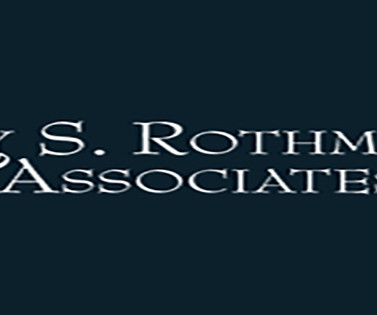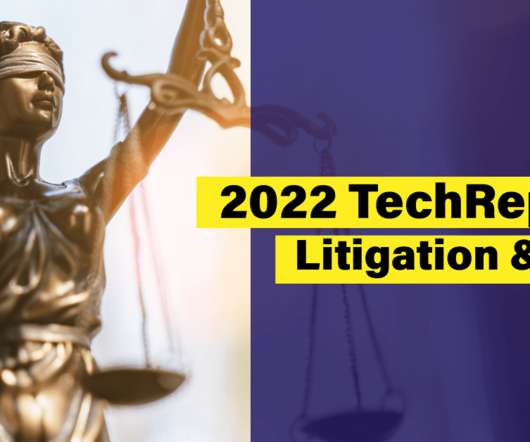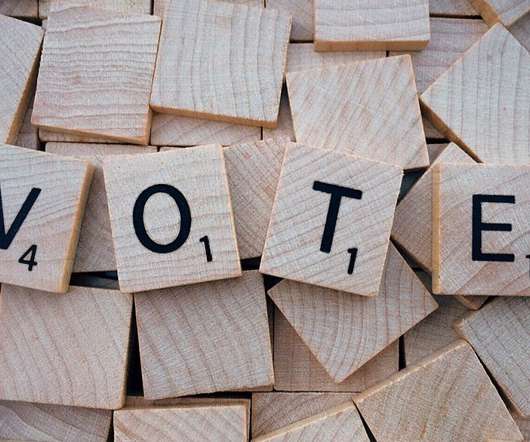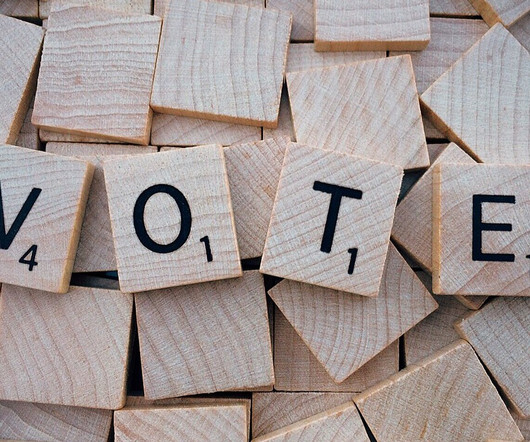IN LITIGATION, WHAT IS DISCOVERY?
JayS.Rothman&Associates
SEPTEMBER 5, 2023
These can seek information about facts, witnesses, or other relevant details. Depositions: Depositions involve oral questioning of witnesses, parties, or experts under oath. Depositions allow for in-depth questioning and assessing the credibility of potential trial witnesses. A court reporter creates a transcript.



















Let's personalize your content